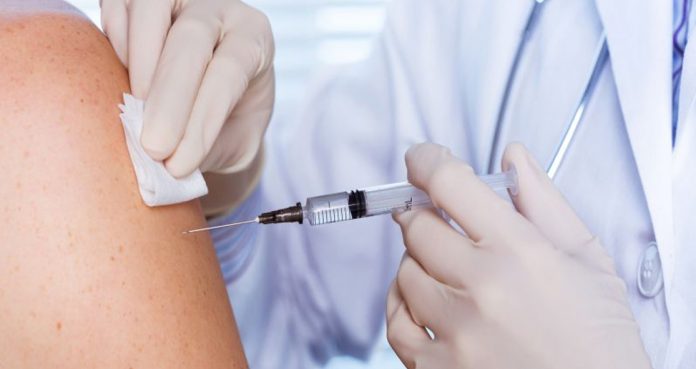The first-ever vaccine for chlamydia has passed its first major test in human beings. A clinical trial conducted on more than 36 healthy women has found that two versions of a chlamydia vaccine are safe and have produced an immune response.
The findings of the clinical trials were reported online on Monday in the Lancet Infectious Diseases.
Study co-author and Pediatric Infectious Disease Specialist Dr. Toni Darville of the University of North Carolina School of Medicine said, “These promising results provide encouragement.”
“Chlamydia can lead to disabling, long-term complications for women, so a vaccine against the disease could have a big effect on public health,” explained Dr. Darville.
Chlamydia is caused by a pathogenic bacterium called Chlamydia trachomatis, which is the most common sexually transmitted disease (STD). Each year, more than 130 million women and men are infected by Chlamydia.
According to the CDC, Chlamydia is one of the most frequently reported STDs caused by bacteria in the United States, with more than 1.7 million cases reported in 2017.
Chlamydia infection is often treated with antibiotics. If left untreated, it may greatly affect the reproductive system of women. The infection targets the cervix and then spreads to the major organs such as the uterus and fallopian tubes, causing pelvic inflammatory disease (PID) and infertility.
Dr. Darville said, “The percentage of women who develop these long-term complications is relatively low.” However, the high number of infections cause chronic pelvic pain or infertility, or both in a significant number of women.
In this clinical trial, vaccine researcher and immunologist Robin Shattock of Imperial College London and his team tested two versions of a chlamydia vaccine. They found that both versions of a vaccine triggered an immune response but one version performed better than the other version.
Shattock said, “The next step will be to see if the vaccine prevents infection compared with a placebo, and would involve volunteers who are at risk of infection.”
If this new chlamydia vaccine passes the next clinical trials and gets the approval, the ideal age for boys and girls to get vaccinated would be 11 or 12, which is nearly the same as for HPV vaccine. “We are cautiously optimistic,” added Shattock. “A vaccine against chlamydia is an important unmet need.”





















